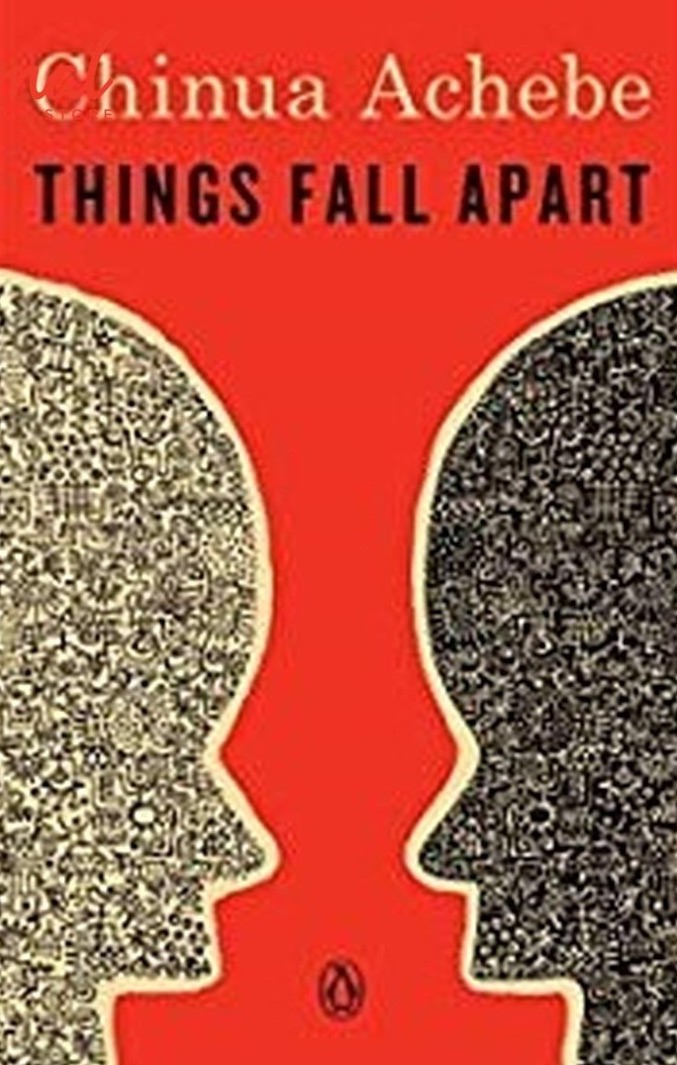
“Things Fall Apart” is a novel written by Nigerian author Chinua Achebe and published in 1958. The story is set in Nigeria in the late 19th century and follows the life of Okonkwo, a wealthy and respected warrior of the Igbo tribe. The novel explores the complex relationships between the Igbo people and the colonial forces that are gradually encroaching on their land, culture, and way of life.
The story begins by introducing Okonkwo, a highly respected member of the Igbo tribe who has achieved success through his hard work and determination. He is the son of an unsuccessful and lazy man, and he is determined not to follow in his father’s footsteps. Okonkwo’s life is centered around his family and his farm, and he is fiercely protective of his reputation.
One day, a neighboring tribe called the Mbaino kills a woman from Okonkwo’s village. To avoid a war, the Mbaino offer a young virgin and a young boy to Okonkwo’s village as compensation. Okonkwo takes in the young boy, whom he names Ikemefuna, and treats him like his own son. However, after three years, the village elders decide to kill Ikemefuna to appease the gods, and Okonkwo is forced to participate in his execution, despite his strong emotional attachment to the boy.
After the incident with Ikemefuna, Okonkwo becomes increasingly obsessed with maintaining his reputation and masculinity. He becomes harsh and domineering towards his wives and children, and he is quick to resort to violence. Despite his efforts to preserve traditional Igbo customs, Okonkwo is unable to stop the arrival of the colonial forces, who bring with them new ways of thinking and living.
The first sign of the colonizers’ influence comes in the form of Christian missionaries, who begin to spread their message throughout the village. Some of the villagers, including Okonkwo’s son Nwoye, are drawn to the new religion, which promises a way out of their current struggles. However, Okonkwo and other traditionalists view the missionaries as a threat to their way of life and begin to take action against them.
As tensions rise between the traditionalists and the missionaries, the colonial government begins to assert its authority over the village. The government officials are mostly ignorant of Igbo customs and traditions, and their attempts to enforce their laws and regulations are met with resistance from the villagers. Eventually, the government sends in armed forces to suppress the rebellion, and Okonkwo and other leaders of the village are arrested and humiliated.
In the final chapter of the novel, Okonkwo takes his own life rather than submit to the authority of the colonizers. His death represents the ultimate failure of the traditional Igbo way of life in the face of colonialism.
“Things Fall Apart” is a powerful exploration of the effects of colonialism on traditional cultures and ways of life. It shows how the arrival of outsiders can disrupt and destroy the delicate balance of a society, and how the people who are most deeply invested in that society may be the ones to suffer the most. Through the character of Okonkwo, Achebe creates a complex and sympathetic portrayal of a man struggling to preserve his identity and dignity in the face of overwhelming change.
